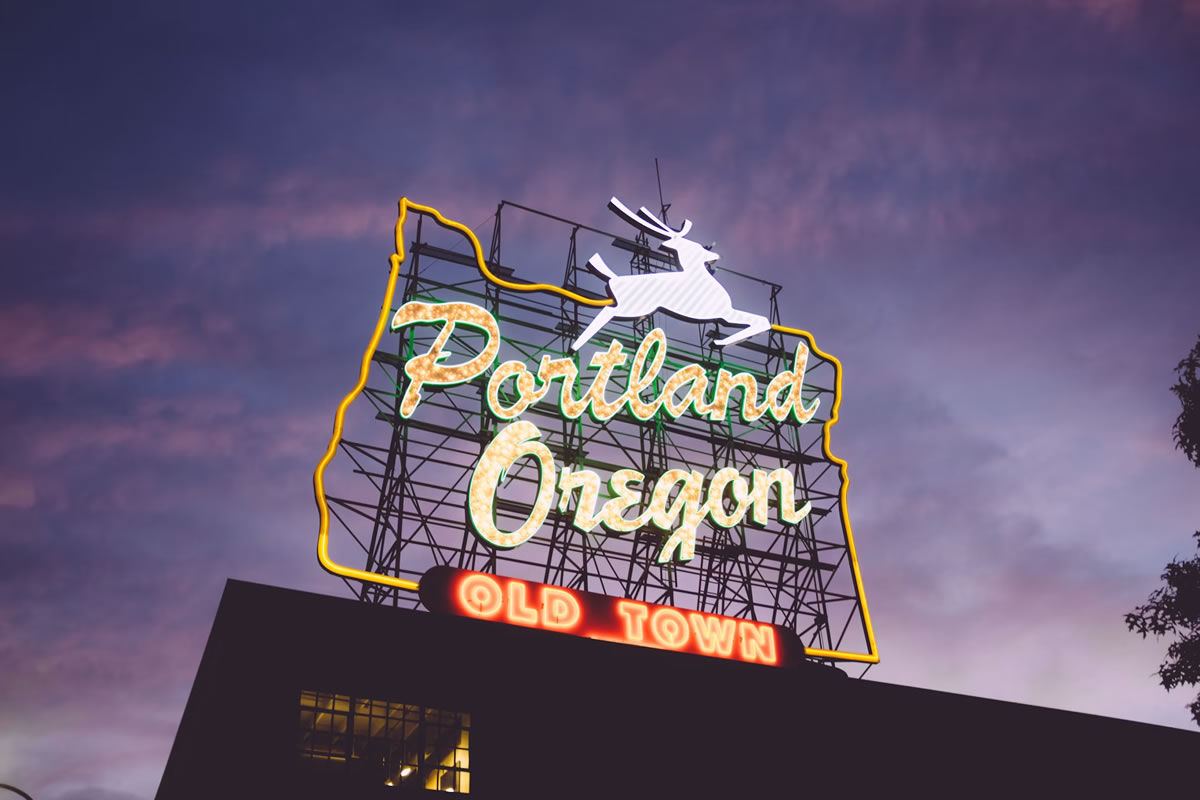The city council of Portland, Oregon, unanimously passed what it is calling the city’s first-ever housing production strategy, which is based on a proposal introduced this summer by Commissioner Carmen Rubio.
Like many major metropolitan areas across the country, Portland is facing a housing shortage as well as an affordability crisis. The only viable solution to these problems, as other municipal leaders and housing industry experts have previously suggested, is the construction of more homes.
“Economic, social and physical barriers often limit residents from finding homes that meet their needs,” said Rubio, who is also a Portland mayoral candidate this year, when introducing the resolution. “And the rising cost of living has made it even harder for people, straining the budgets of many Portlanders, fueling gentrification and displacement and causing people living on the edge to lose their homes.”
Rubio outlined 10 core provisions that the measure aims to address. They include making an existing “inclusionary housing program” more accessible for underrepresented communities; addressing zoning code requirements that have stymied construction activity; and “cleaning up” elements of the zoning code the council found necessary. More work on zoning will be performed in 2025.
Rubio also alluded to issues that builders and vendors have faced with the city’s permitting process. She said that the city aims to get “its house in order” and is expanding its housing grant programs to disburse $5 million for the purposes of buying land and building affordable homes.
The city is also advocating for a change to Oregon state law that would allow it to “approve our homeownership incentives faster, eliminating red tape and shaving off several weeks for nonprofit and other homebuilders.”
The plan also addresses environmental impact concerns of new construction, Rubio said, by paying attention to the floodplain of Portland’s urban center. The city has also adopted new legislation to both “better understand and acknowledge how our decisions could raise the cost of building homes,” and to “preserve existing affordable housing and to encourage the conversion of office buildings to housing.”
The legislation also comes with a one-year freeze on the city’s system development charges, and fees have been reduced for certain permitting meetings.
And the city tallied feedback from residents in the Central City and East Portland neighborhoods who expressed concerns about the need for “a new generation of public funding for housing and economic development.” The council has begun exploring the establishment of new tax increment financing districts in these areas.
The full plan can be viewed via the website of the Portland City Auditor’s Office.

